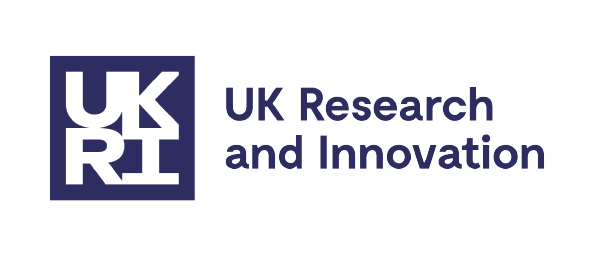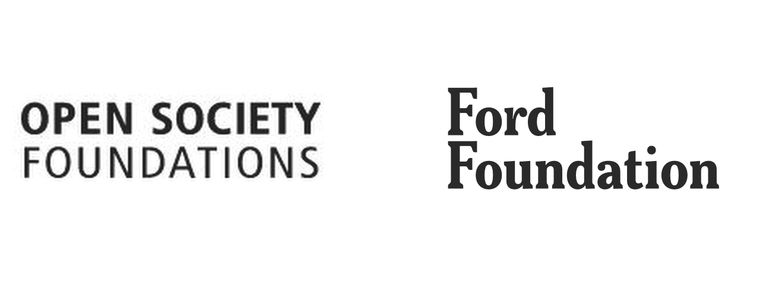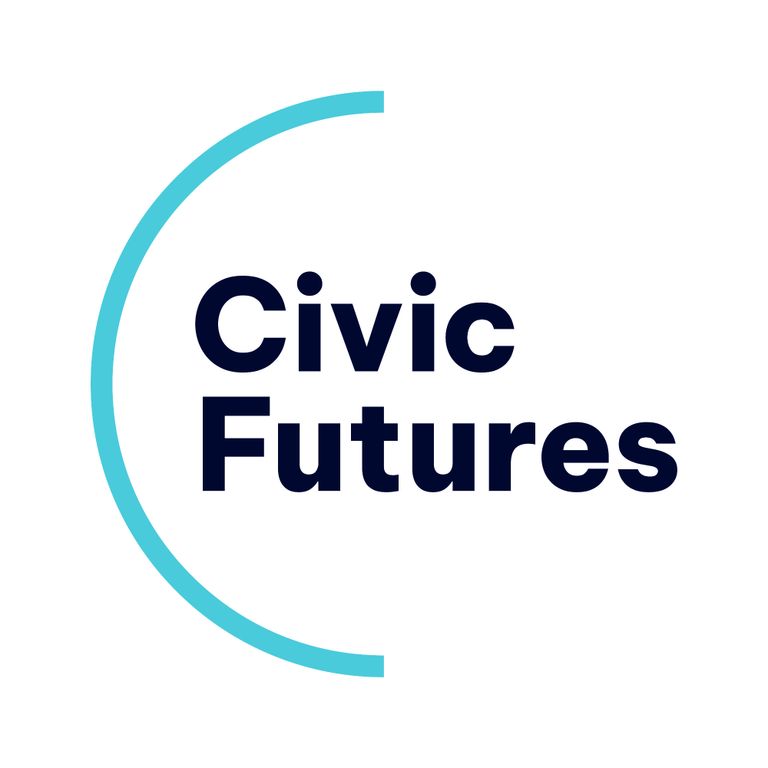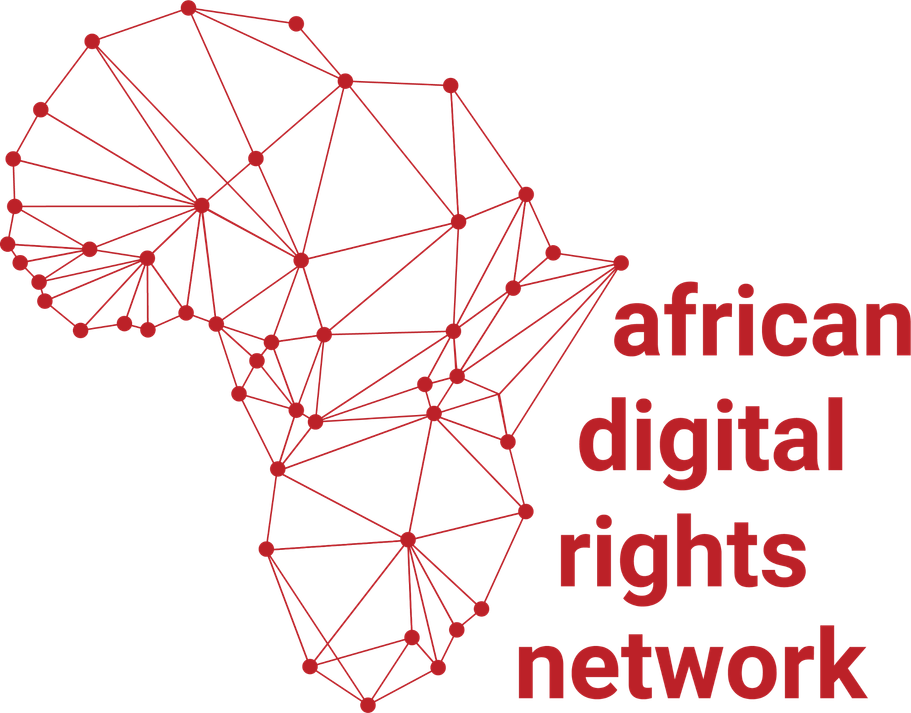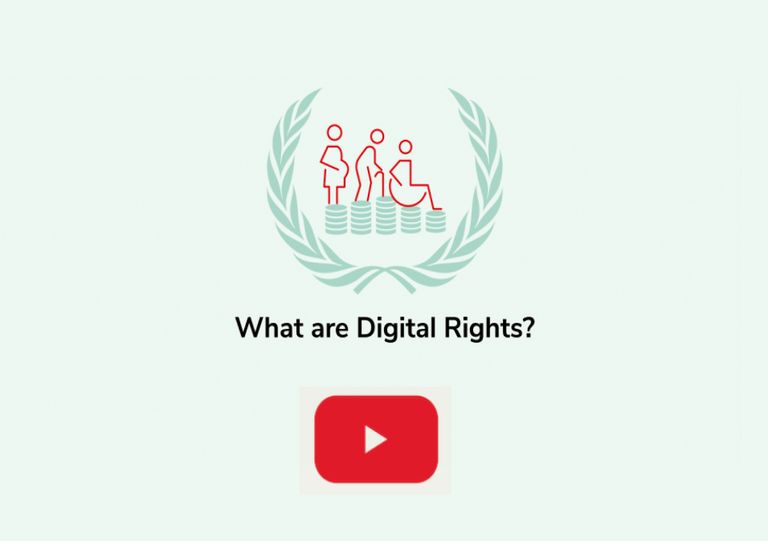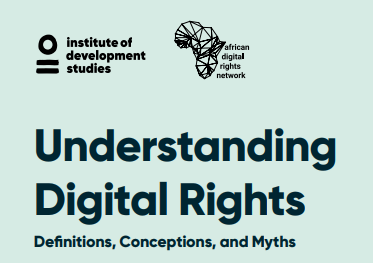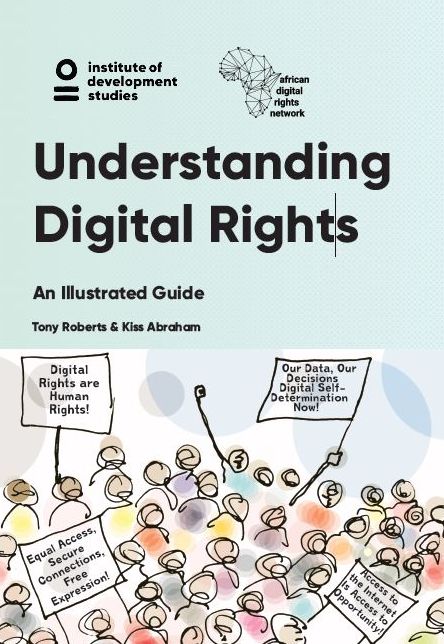What are digital rights?
Animation
Digital Rights are your existing human rights when you are using a digital device such as a smartphone or computer.
Your human rights are guaranteed in international law and all of the same human rights that you have offline must be respected equally when you are online.
For example, you have the right to privacy when instant messaging or sharing information with an online service provider and you have the right to freedom of assembly and speech when using social media.
Protecting digital rights is important because our social, economic and political life is increasingly conducted online where we face new risks such as digital surveillance, disinformation, scammers, and algorithmic discrimination.
Everybody possesses the same digital rights no matter their age, sex, ability, ethnicity, religion or sexuality. These digital rights do not need to be activated to be claimed, and nobody can take them away. Digital rights apply to everybody, equally.
Digital rights include, for example:
· The right to privacy and to data protection when sharing personal information with government agencies or companies electronically.
· The right to free expression and to freedom from violence when on social media.
· The right to access online government services including digital social protection.
· The right to see personal data held about you and to correct inaccuracies and errors.
Digital rights apply when you are using digital tools like email, sending instant messages on social media, or when accesssing online government services or using company wesbites. Digital rights also apply to information held about you in apps, by platform companies, or government agencies.
Click on the image to the right to watch a short animation or download a free introduction to digital rights below.
Understanding Digital Rights:
definitions, conceptions and myths
An free illustrated guide to download
ADRN has produced an introductory guide to digital rights.
Our Ford Foundation project brought workers' rights, disability rights, and digital rights actor together. We found that the terms and concepts of digital rights were often not used or understood in other organisations. So we produced this introductory guidebook called "Understanding Digital Rights" as a clear and accessible guide for those new to digital rights - or those wanting to expand their knowledge and learn about key digital rights organisations and available resources.
In the guide we explain digital rights as understood in three different ways:
1. As a set of entitlements provided in human rights law
2. As a framework for analysing technology and projects
3. As a form of activism to tackle right-violations and injustice
Click here to download the guide which is free and open access.
Understanding Digital Rights: An Illustrated Guide
A free illustrated guide to download
Following on from the previous guidebook, ADRN has produced this guidebook with illustrations by Kiss Abrahams
This report provides an illustrated guide to understanding digital rights: what they are, why we need them, and where they come from. It provides an explanation of what they mean in terms of legal entitlements, and how they can be used to evaluate the introduction of new technologies, projects, or policies.
It emphasises the importance of collective action to secure for everyone the ability to exercise, defend, and expand their rights, and to promote the introduction of legislation and changes in norms and practices. It also suggests that the introduction of power analysis to the digital rights framework could add significant value in understanding hierarchies of ability to exercise, defend, and expand digital rights in practice.
The report concludes by providing information on digital rights organisations which are active in addressing digital rights violations.
Follow this link to download a free copy of the guide.
Funders
the African Digital Rights Network gratefully acknowledges financial support from
